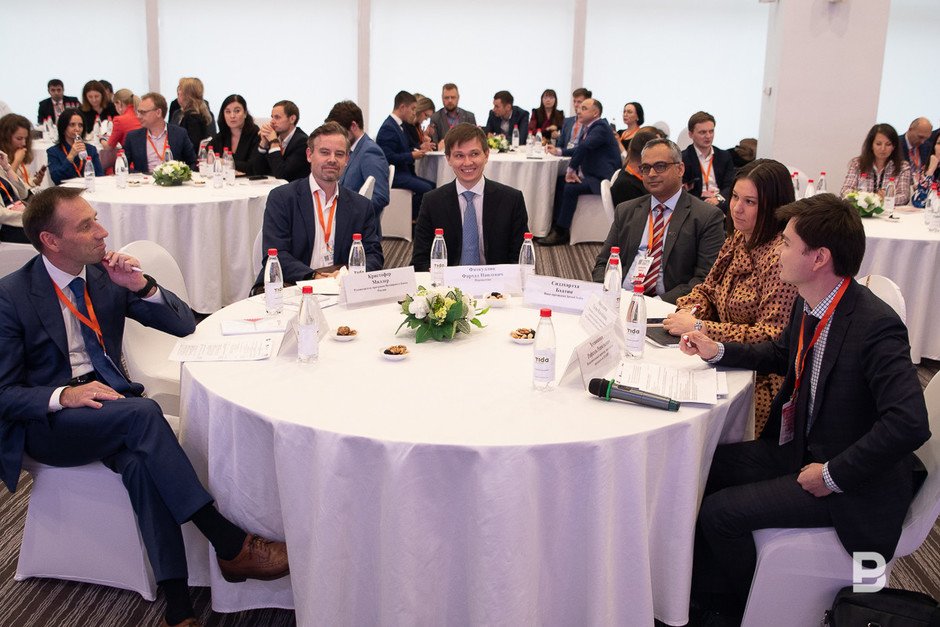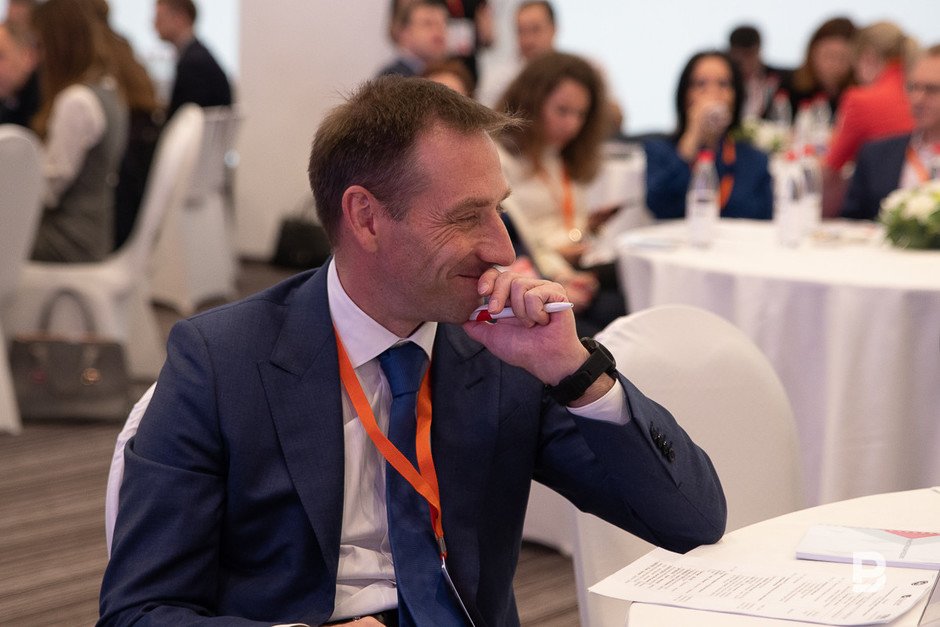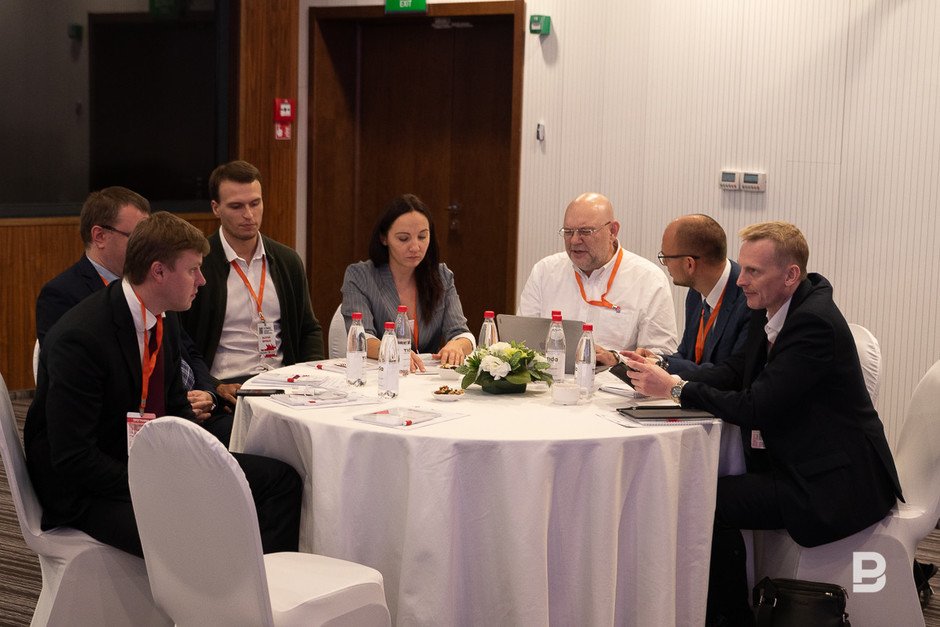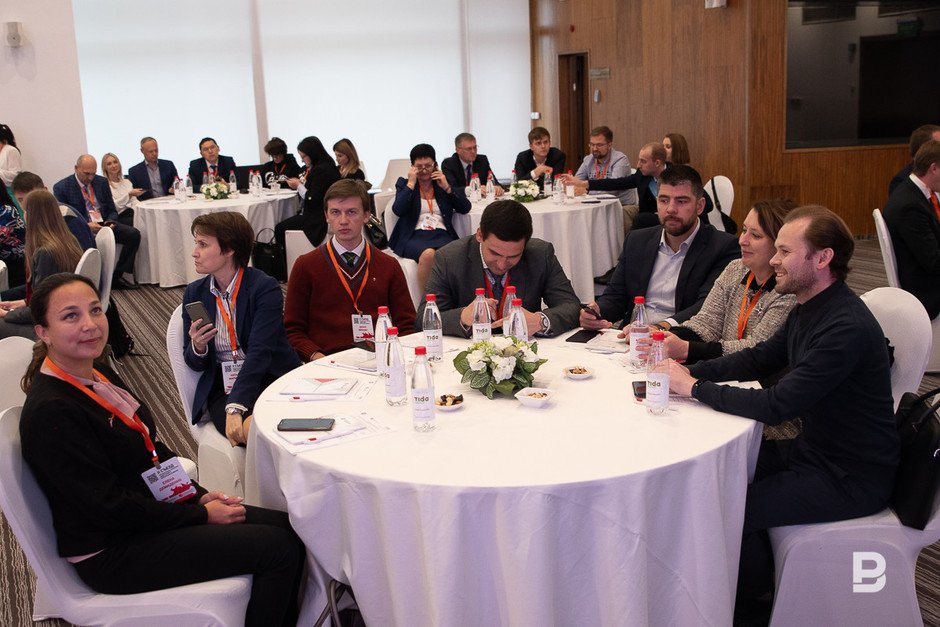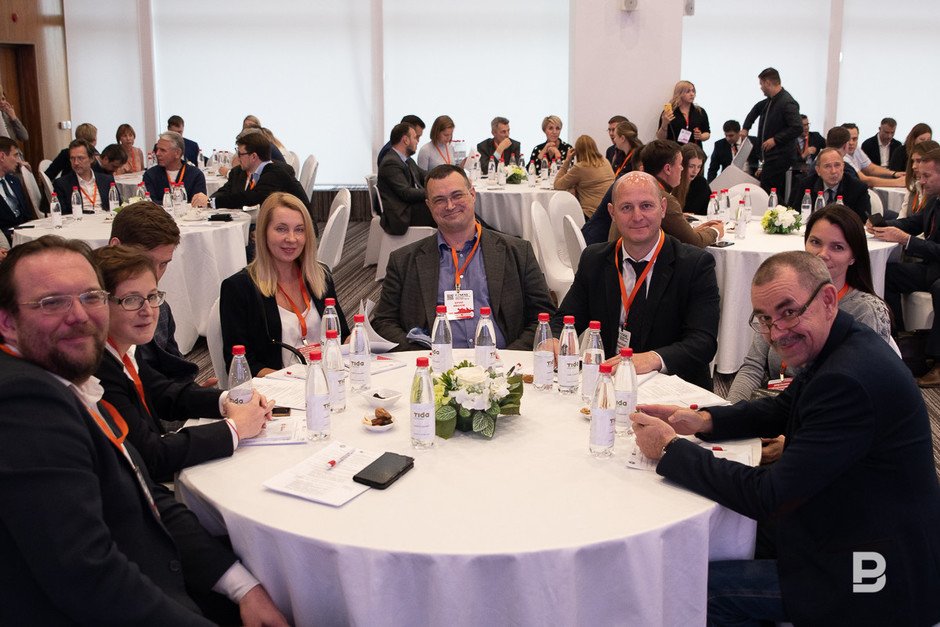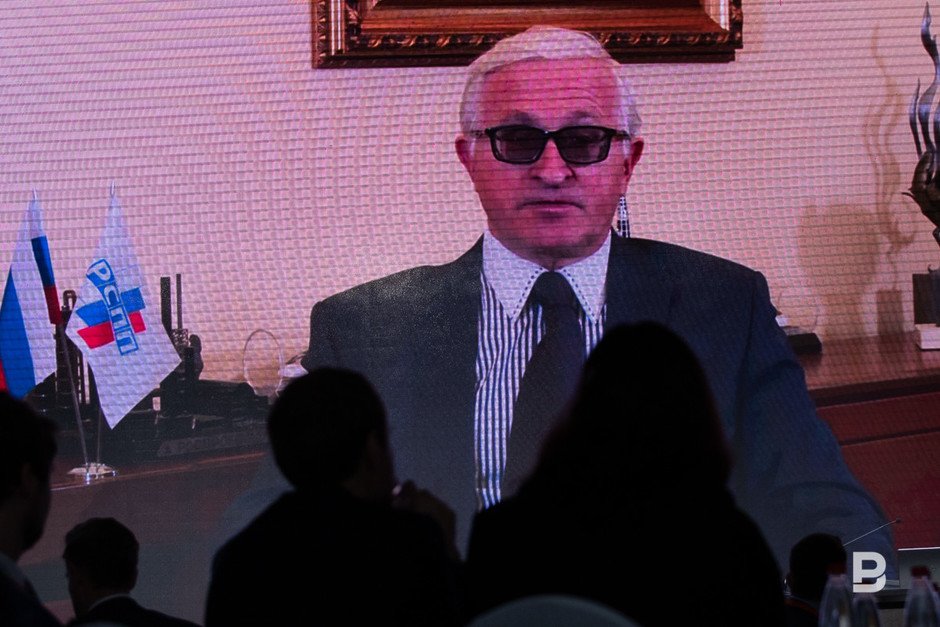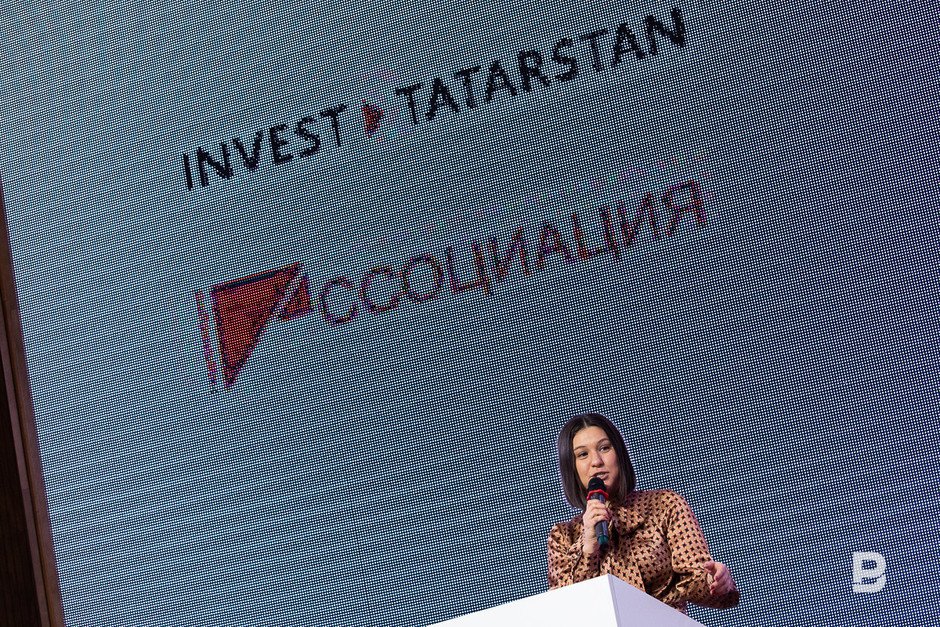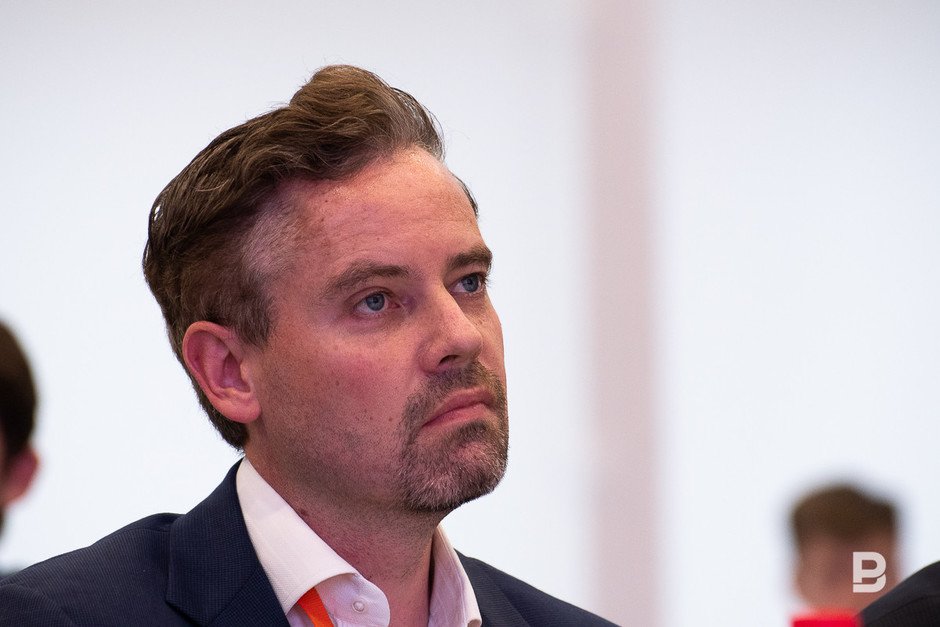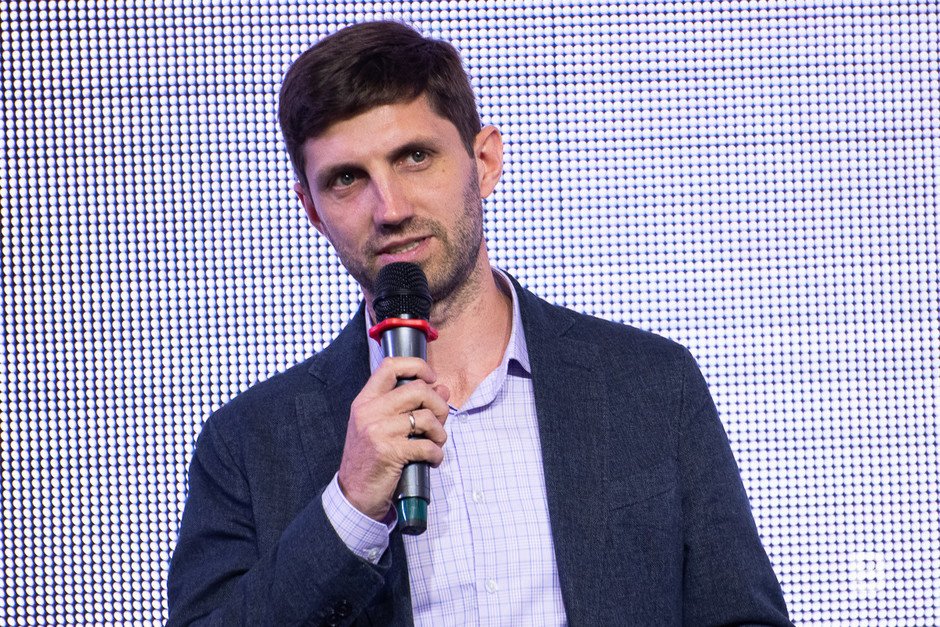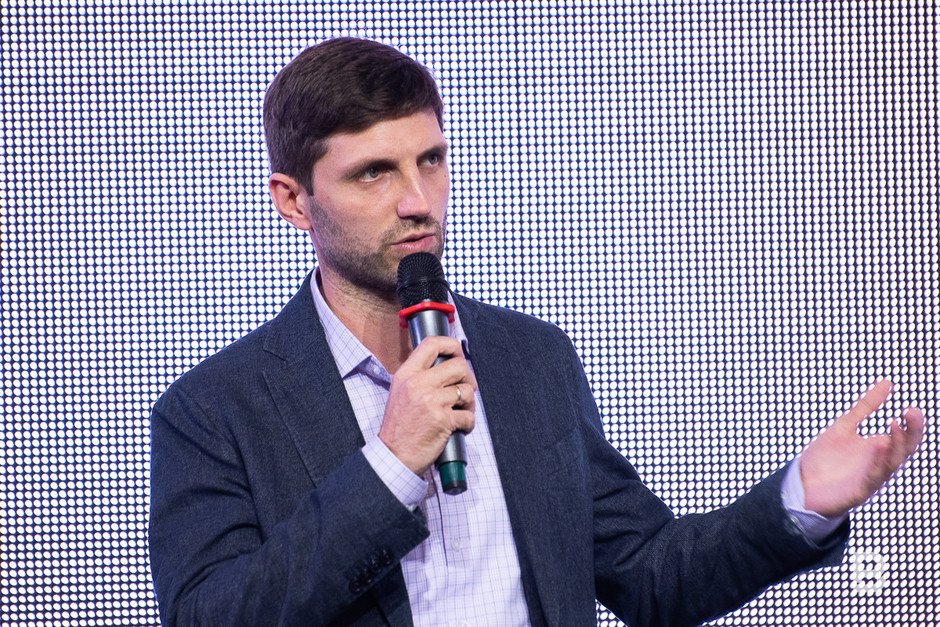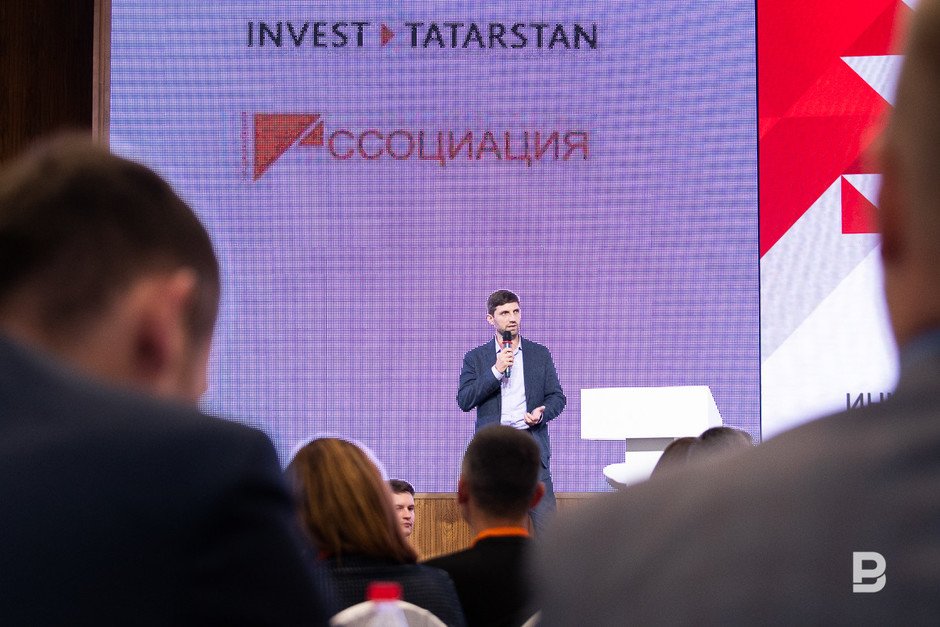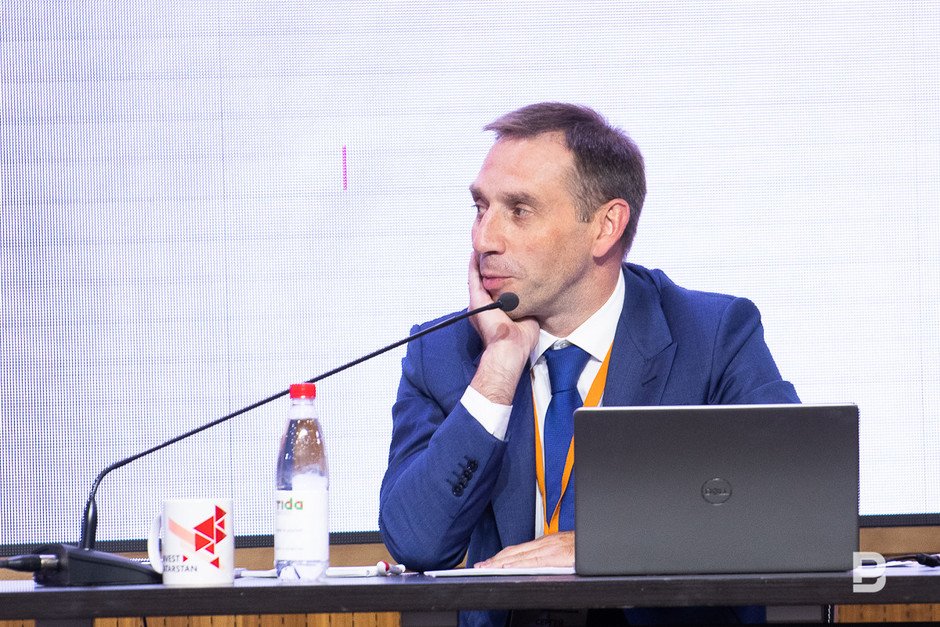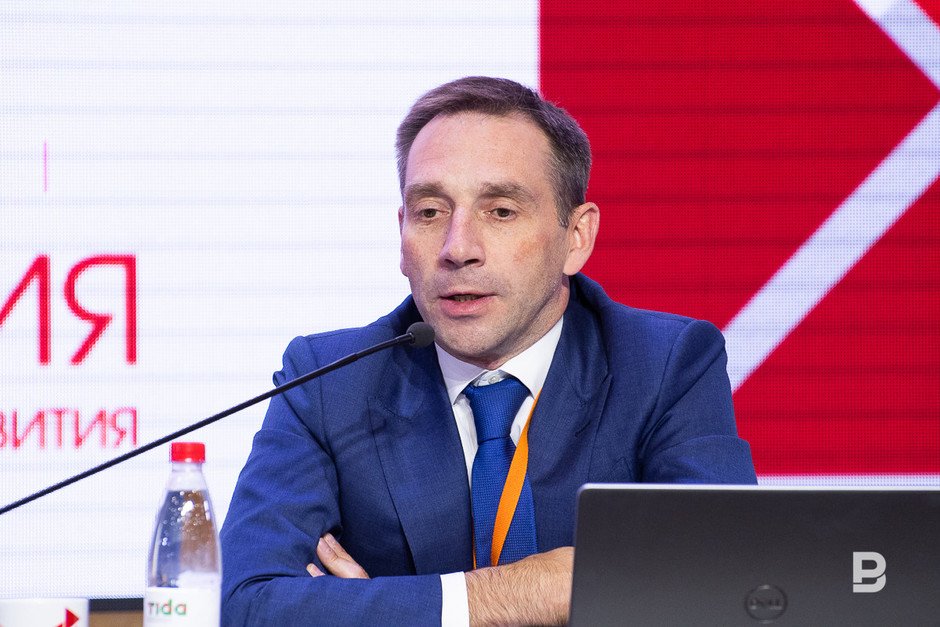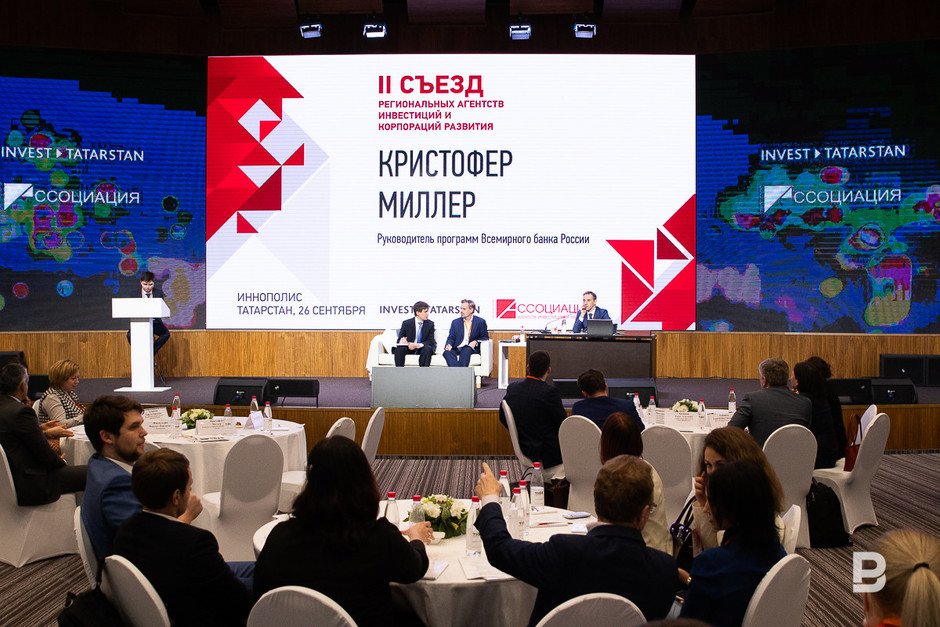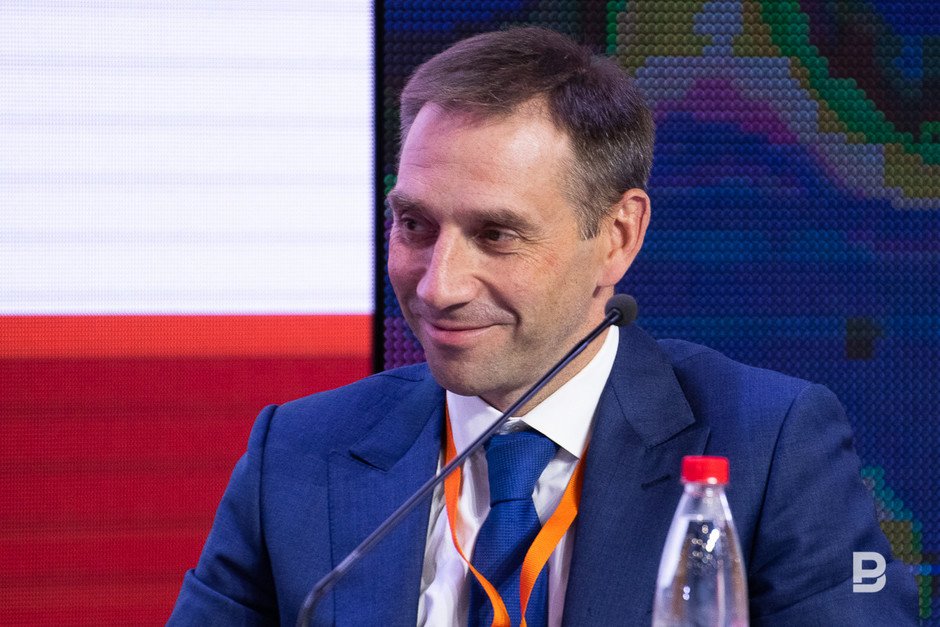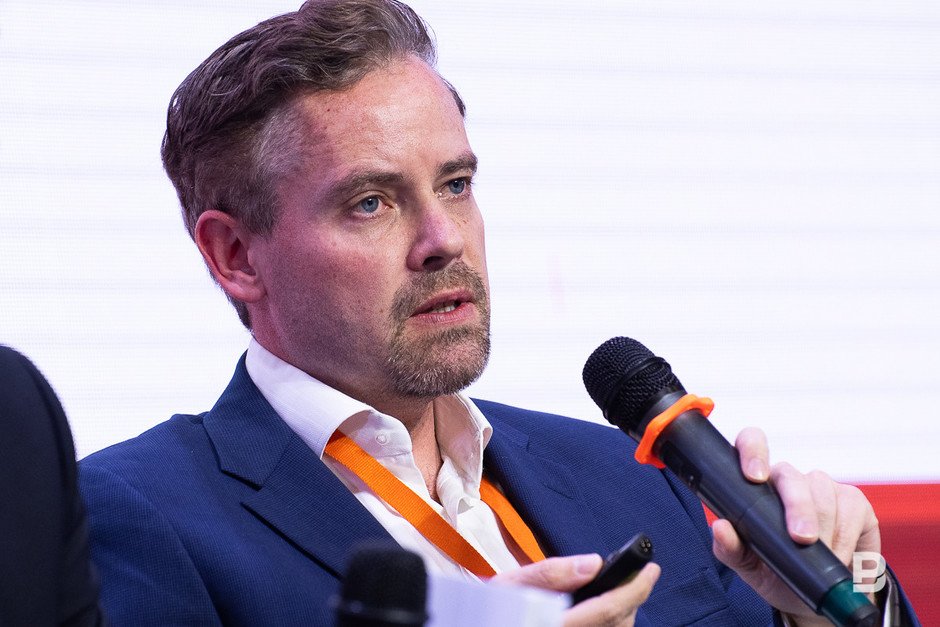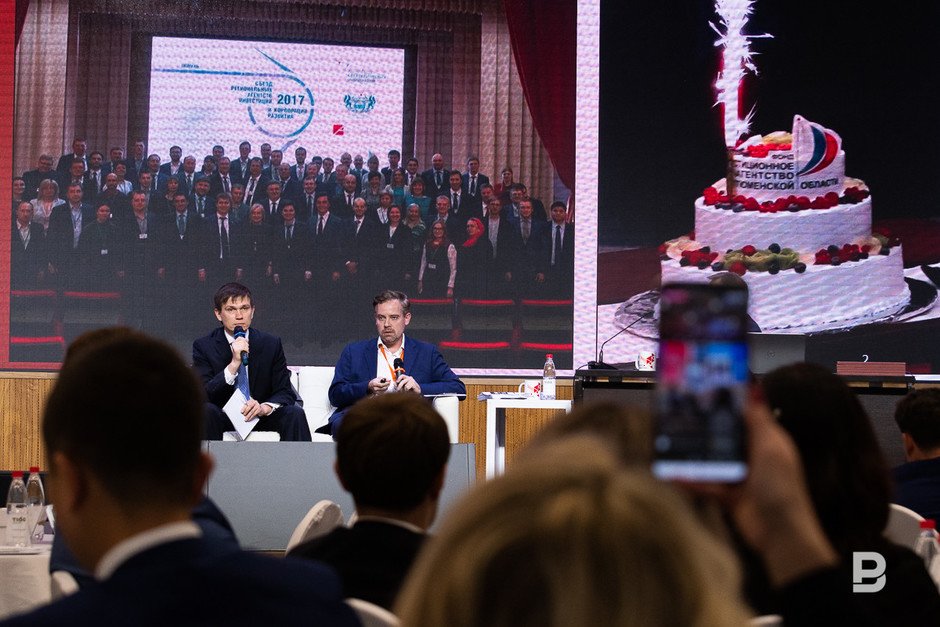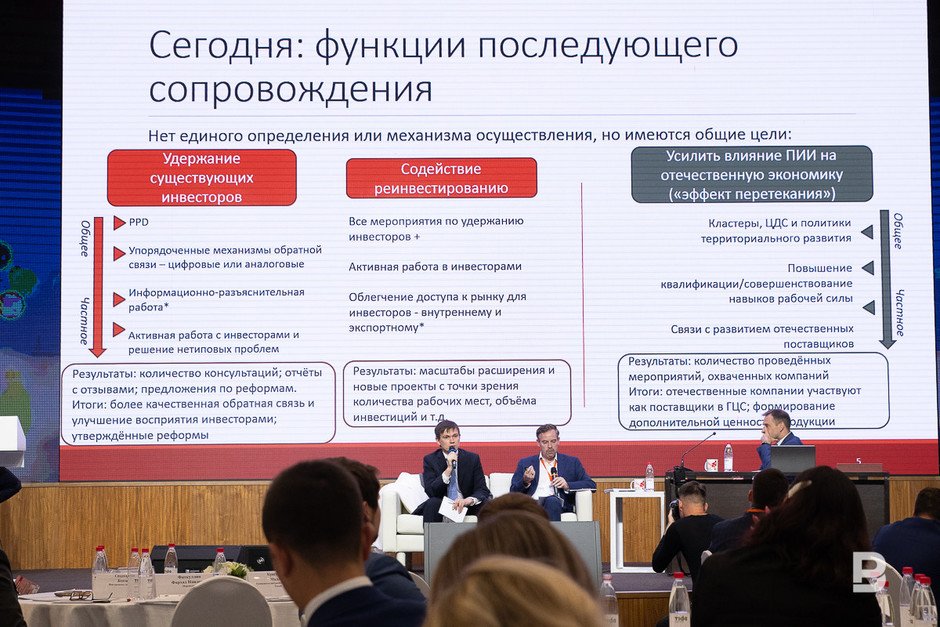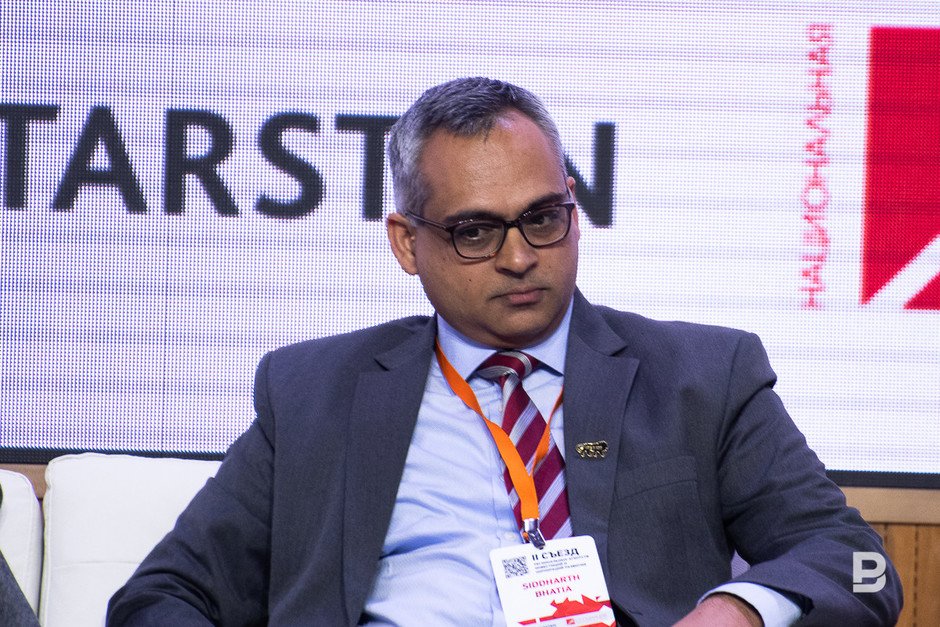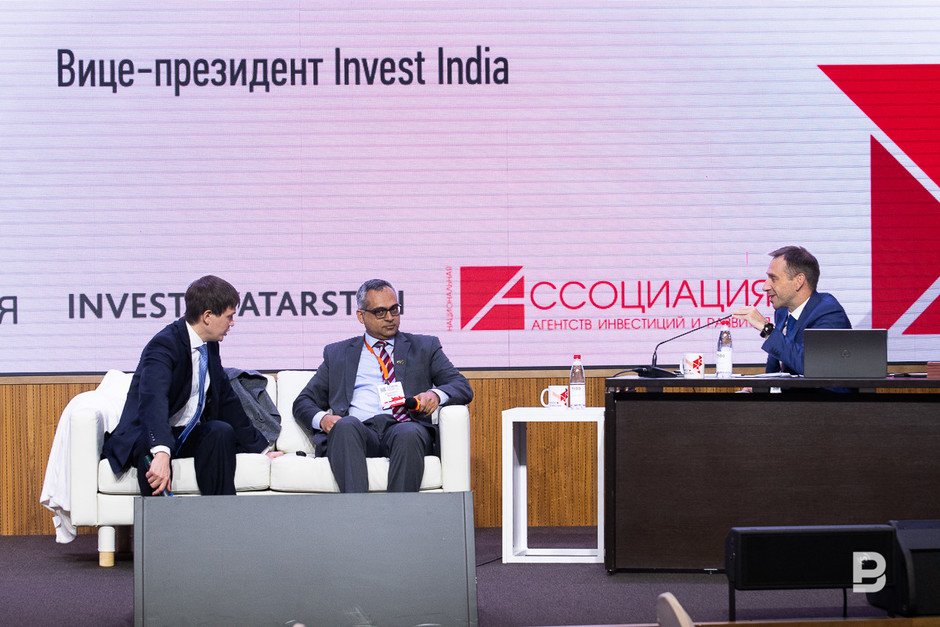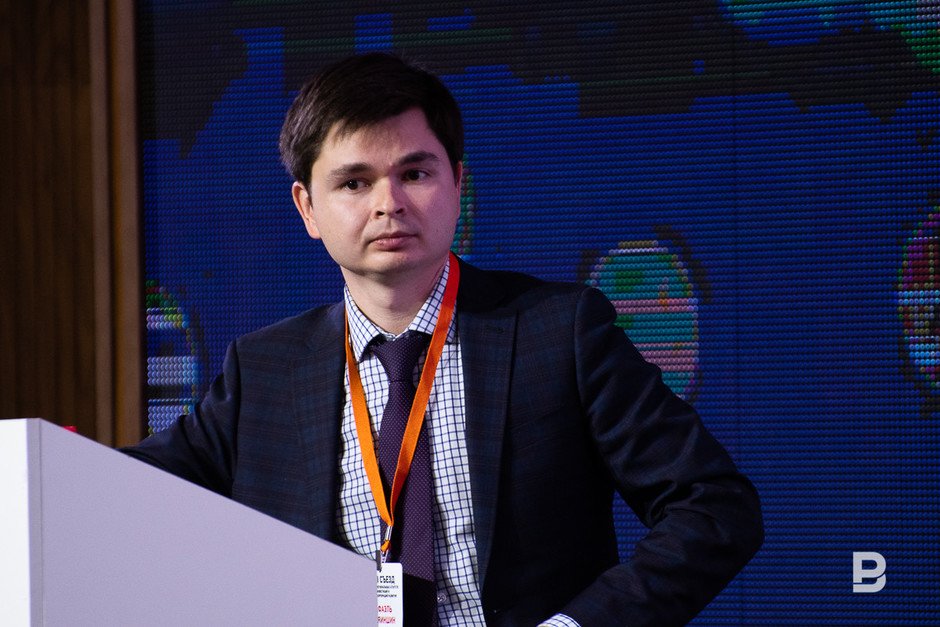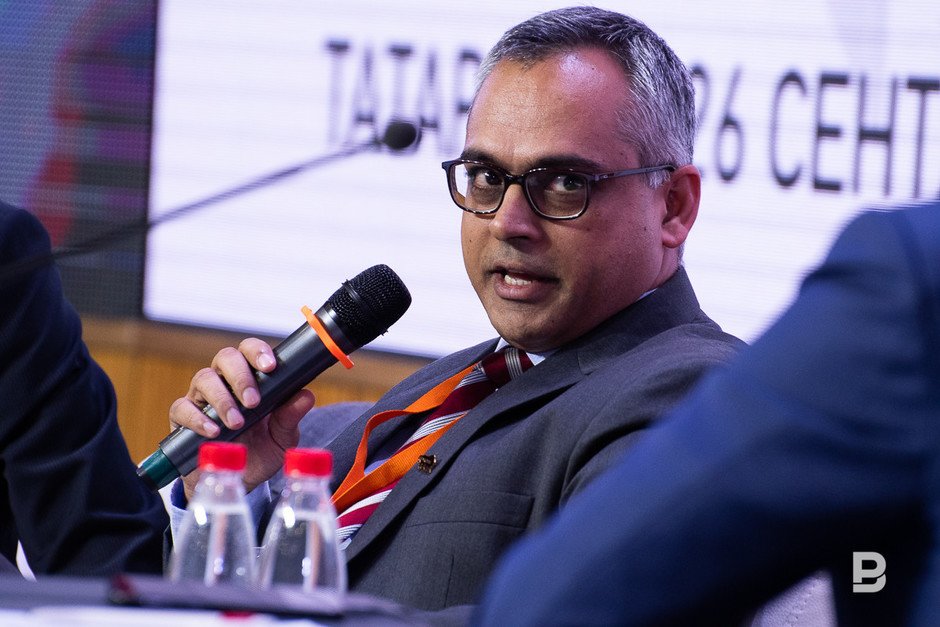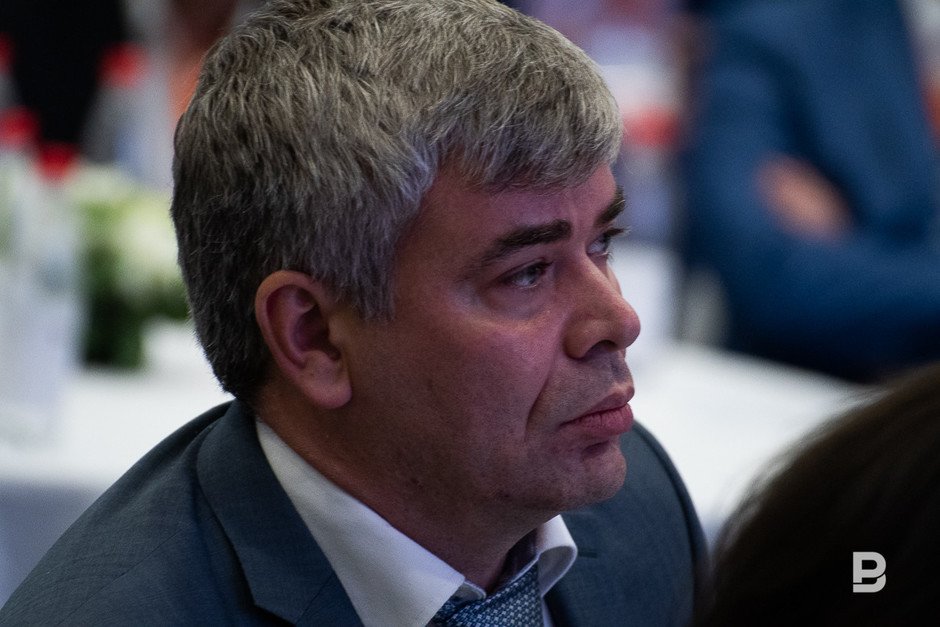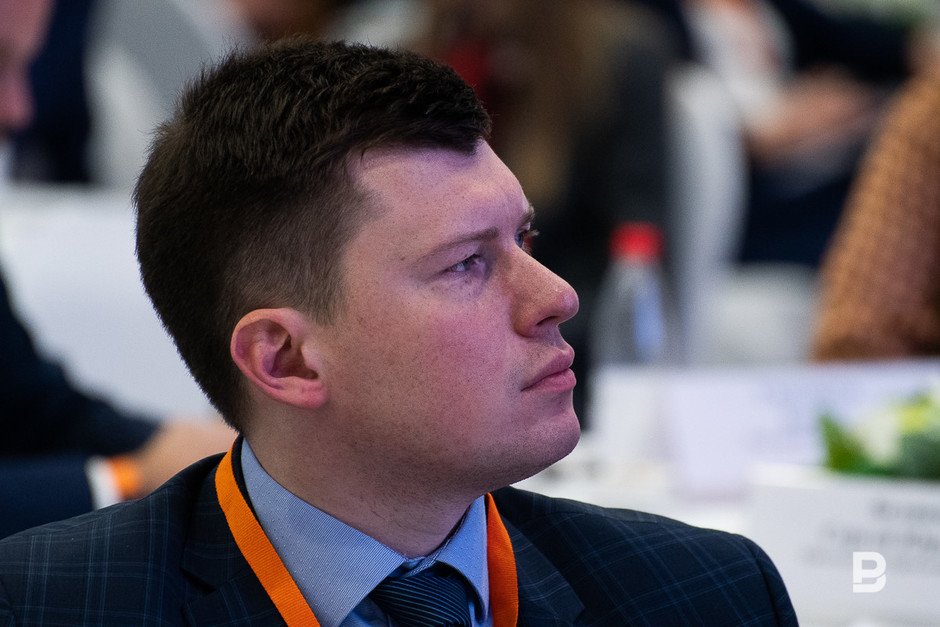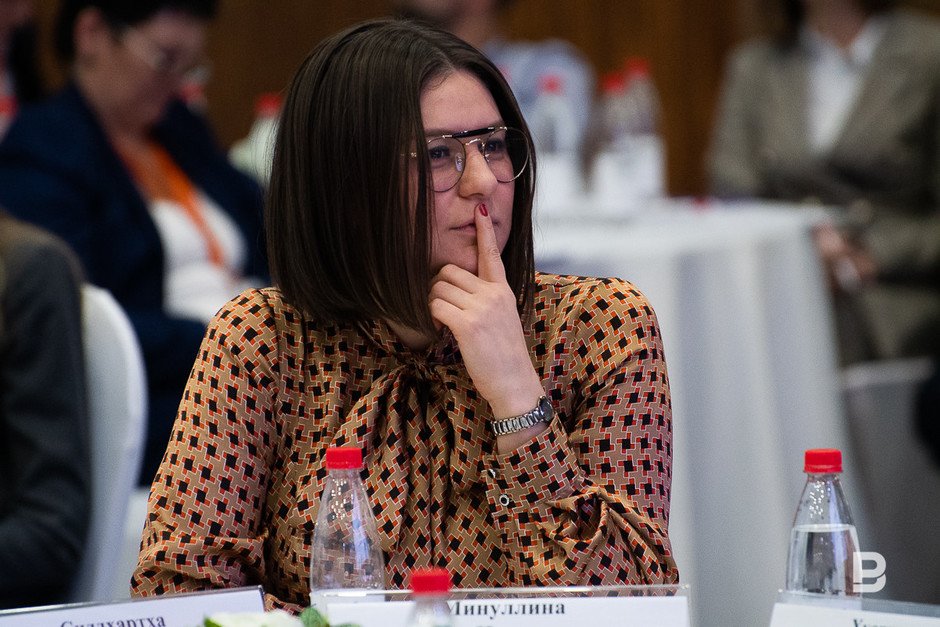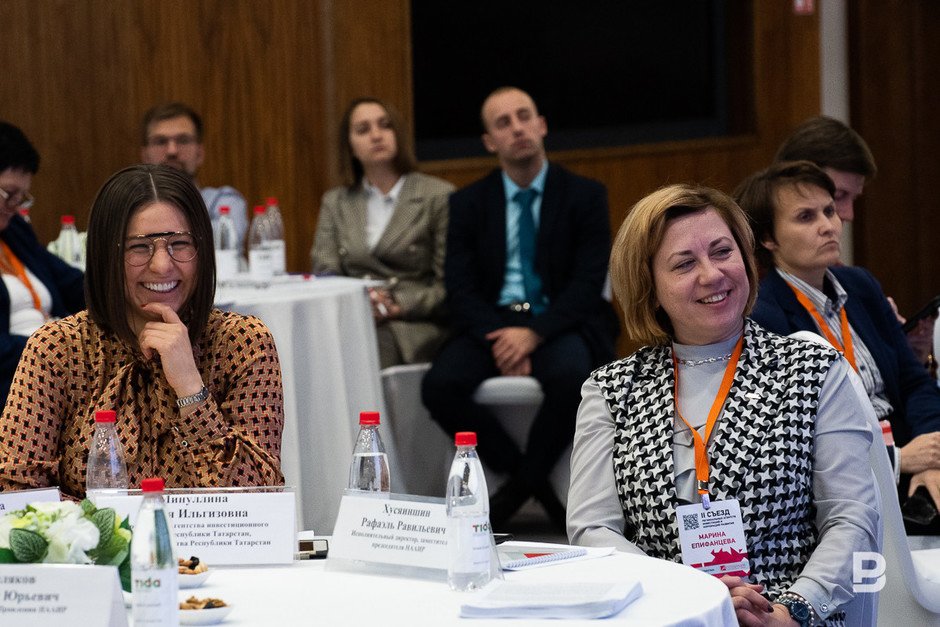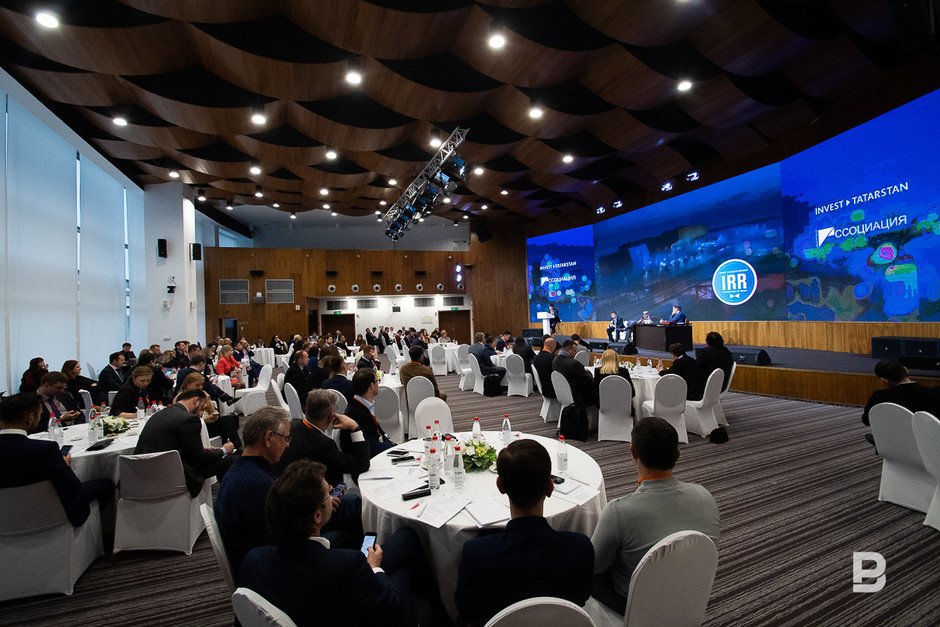“China needs benefits, but Europe believes the ratings”: about how Tatarstan retains investors
World experts predict a reduction in investment inflow by 20%
Chinese investors give priority to financial and tax conditions of business environment, European investors — proximity to global markets, and for the American investors it is important to have a dialogue with the authorities. This is how Aleksey Rybnikov, the director of EY analytical centre in the CIS, outlined the mental differences in the behaviour of investors from different countries, speaking at the summit of regional agencies and development corporations in Innopolis. This difference should be made use of with the changing profile of the investor, which is increasingly acquiring Asian features. According to experts, against the background of the general coolness of interest of Western investors, China can become one of the main partners of the Russian economy, but other BRICS members are also fighting for its attention on a par with Russia.
What to do in an economic slowdown?
If 15 years ago Western investment was the single source of growth of the economies of developing countries, and Russia after the crisis of 2008 turned out for them a “safe haven” for the accumulation of capital funds, then in recent years the “currency balance” has changed radically, stated the main speakers of the II Congress of Regional Investment Agencies and Development Corporations held on 26 September in Innopolis. Christopher Miller, the head of World Bank's Programmes in Russia, Aleksey Rybnikov, the director of the EY analytical centre in the CIS, who is the coordinator of the Foreign Investment Advisory Council in Russia (unites 53 international corporations), and Andrey Doroshenko, the director of the centre for investment climate analysis of the Agency for Strategic Initiatives, made a forecast of the inflow of foreign investments against the backdrop of the deterioration of the macroeconomic situation in the world.
A special guest of the summit was Siddhartha Bhatia, the vice-president of the Indian investment promotion and facilitation agency Invest India. According to him, he came “not so much to share the experience but to learn how Russian regions attract investment.”
They were welcomed in high spirits by the head of Tatarstan Investment Development Agency Talia Minullina, promising to add “a lot of fun” to the “ocean of opportunities”. According to her, for economic growth, it is necessary to ensure the inflow of investments in the amount of 25% of the regional GRP. And the exchange of experience in solving this problem, according to the head of the agency, can give an additional incentive for success.
The event was organized by the National Association of Investment and Development Agencies and the Investment Development Agency of the Republic of Tatarstan. The head of the National Association of Investment and Development Agencies, Sergey Belyakov, added that the regions-leaders of the National Rating are systematically moving from the stage of formation of investment climate to the stage of formation of investment activity and suggested to conduct a conversation in an informal dialogue, as this task is difficult for the regions to implement in the conditions of economic slowdown.
Whether Russia will be the 25th in Doing Business ranking
However, the trend of slowing investment inflows is typical for most developing BRICS countries, assured World Bank Programme Manager Christopher Miller. According to him, the macroeconomic environment has changed dramatically over the past two years.
“Growth prospects are not what they were two years ago,” he pointed out, explaining that emerging economies are now being at risk of recession. “This, of course, leads to a coolness effect in attracting investment.”
According to his forecast, only 3% of IPA (investment programme agencies) in the world show consistently high results in attracting investments, but the rest cannot offer favourable conditions due to geopolitical circumstances.
Speaking about Russia, he stressed that the trends in investment policy are now strongly influenced by the May Decrees of the president of the Russian Federation.
“Specific goals for investments have not been stated, but there are the tasks of increasing exports and improving labour productivity,” he specified. “And it turns out that resources are allocated for each of these priorities, so it will be more difficult for regional agencies to achieve results,” predicts Miller.
In his opinion, now it is necessary to rely on the retention of existing investors.
“The practice shows that 70% of investments are the reinvestments of the present investors,” the representative of the World Bank added.
He once again reminded that Russia ranks the 31st in the ranking of Doing Business 2019, which is annually prepared by the World Bank. One hundred and ninety countries participate in it. Over the past year, Russia has climbed by four lines.
He was asked what needs to be done to Russia to become the 25th? To which Christopher Miller replied: improving conditions for investors is not a prerequisite for strengthening positions in the rating. Here it is necessary to change the system of public administration and take into account the quality of work with investors at the regional level, where 18 regional agencies now working. What place will Russia take in the ranking of Doing Business 2020 will be known next May.
The Chinese are afraid of raiding, and the Americans want a direct connection with the government
Aleksey Rybnikov, the director of the EY analytical centre in the CIS, as the coordinator of the Foreign Investment Advisory Council in Russia (which unites about 60 international corporations operating in Russia), expressed reserved optimism about the growth of investments in Russia. Reminding that this year marks the 25th anniversary of the establishment of the council, he said that its participants had invested $183 billion.
“Over 25 years since the creation of Foreign Investment Advisory Council, the direct inflow made $183 billion whereas $600 billion was invested in Russia in general,” he said.
According to him, 90% of foreign investors doing business in Russia are not planning to reduce activity despite the unfavourable macroeconomic situation in the country. For many companies, Russia remains a market that should be monitored further. Meanwhile, against the background of declining domestic demand and falling incomes, many foreign companies are reorienting to export markets, while remaining working inside Russia.
To retain existing investors, he advises knowing the mental characteristics of each nation.
“Everyone wants to have a good business environment, but the American companies more, than others, say that dialogue with the authorities is important to them,” he said. “European ones pay more attention to the proximity to potential markets and the same national rating of investment attractiveness of the regions (prepared by the ASI — editor’s note). Chinese companies give priority to financial and tax conditions for business environment. But most of all they complain of cases of raiding,” Rybnikov described the sentiments of investors.
These tips are used in the Tatarstan Investment Development Agency to retain existing investors. According to Talia Minullina, in the first half of the year, the inflow of foreign direct investment increased to $230 million, and the reserve for growth of further investments is seen in partners from China. A significant inflow is expected from the entry of the Chinese chemical company with a project to build a mineral fertilizer plant worth $400 million. She specified that the plant will be built in Mendeleevsk and most likely will become a resident of Mendeleevsk PSEDA. Thus, the Chinese are going to locate next to Ammonia plant, which is passing into the fiefdom of the henchman of Rosneft Roman Trotsenko.
Do not play dangerous games
The head of the National Association of Investment and Development Agencies, Sergey Belyakov, warned regional agencies against the temptation to help investors overcome regulatory rules quicker.
“You can argue as much as you want how excessive regulation is, but as soon as you embark on the path of their informal overcoming, you form a negative attitude of the company to yourself,” he warned. “When you work with them, you are associated with the regional authorities. These are short-term victories in the market. My recommendation is never to do that. You cannot ensure the implementation of the interests of this company better but you will remain within the law. There are examples when decisions of individual officials are reviewed, colleagues are brought to justice, and decisions are returned to the previous stage. Besides, foreign businesses also do not accept such practices.”
Siddhartha Bhatia, the vice-president of the Indian investment promotion and facilitation agency Invest India, complained about the uneven distribution of investments in his country, which is especially noticeable in the context of declining interest. According to official statistics, in the last 2 years, for the first time in 6 years, the inflow of foreign direct investment in India has begun to slowly decline. The overall level of direct investment has fallen by 1% to $44,4 billion, which cannot but bother the young agency Invest India. It was created in 2015, so the Indian counterpart began to look for solutions for their balanced distribution.
According to him, 70% of incoming investments are concentrated in seven of the 28 states. The undisputed leader is Bangalore (the capital of Karnataka). According to him, over the past 2 years, each state has tried to create regional agencies, which has brought the results. Foreign high-tech companies decided to locate data centres in economically backward states and created new jobs in them. But in general, the problem remains acute.
Executive Director of the National Association of Investment and Development Agencies Rafael Khusyainshin concluded that the regions are gradually ceasing to perceive each other as competitors in the fight for investors and starting to build partnerships.
